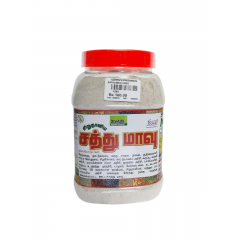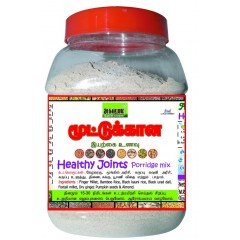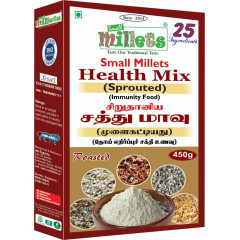Baby Foods
Is organic baby food better for my baby?
Organic foods are produced without conventional pesticides, chemical fertilizers, antibiotics or growth hormones. Feeding your baby organic baby food might limit his or her exposure to these substances.
Conventional growers use pesticides to protect their crops from molds, insects and diseases. When farmers spray pesticides, this can leave residue on produce. Organic produce carries significantly fewer pesticide residues than does conventional produce.
Some people might buy organic baby food to limit their babies' exposure to these residues — since infants might be more susceptible to harm potentially caused by pesticides than are adults. However, residues on most products — both organic and nonorganic — don't exceed government safety thresholds.
Generally, research hasn't shown organic foods to be more nutritious than nonorganic foods. The U.S. Department of Agriculture (USDA) provides organic seals for products that contain various percentages of organic ingredients — but the USDA makes no claims or guarantees that organic foods are safer or more nutritious than are nonorganic foods.
Some parents prefer organic baby food because it's environmentally friendly. Others feel that organic baby food simply tastes better. What's most important, however, is a balanced diet. Offering your child healthy foods from the beginning — whether they're organic or not — will set the stage for a lifetime of healthy eating.
Organic baby food
Why choose organic baby food - what are the benefits?
Higher nutrition levels
Put simply, organic food is packed with nutrients. A baby's digestive system is more efficient than that of an adult at absorbing foods, enabling nutrients to be used more quickly.
No nasties
It is not just what organic food does contain, it is also what it does not that is important. A baby’s nervous, circulatory, and reproductive systems are all developing fast so it is vital that alien chemicals do not disrupt them during the growth phase. Immature kidneys are not as proficient at getting rid of harmful substances, so they may circulate in the body of a baby for longer.
Many additives are now being linked to health and behavioural problems, including Monosodium Glutamate, Brilliant Blue, Aspartame and Quinoline Yellow. Research has found that mixtures of the additives, which are commonly found in children’s food and snacks, have a much more potent effect on nerve cells than each additive on its own. All of these are banned under organic standards.
Better for the environment
It's kinder to the environment too. Organic farming works with nature, not against it, and research shows that it's better for birds, butterflies and other wildlife. Farm animals are reared humanely and not routinely fed antibiotics to suppress disease or promote growth.
This brings us neatly full circle. The food you're putting in your child's mouth can actually help create a better world for him or her to grow up in.





























